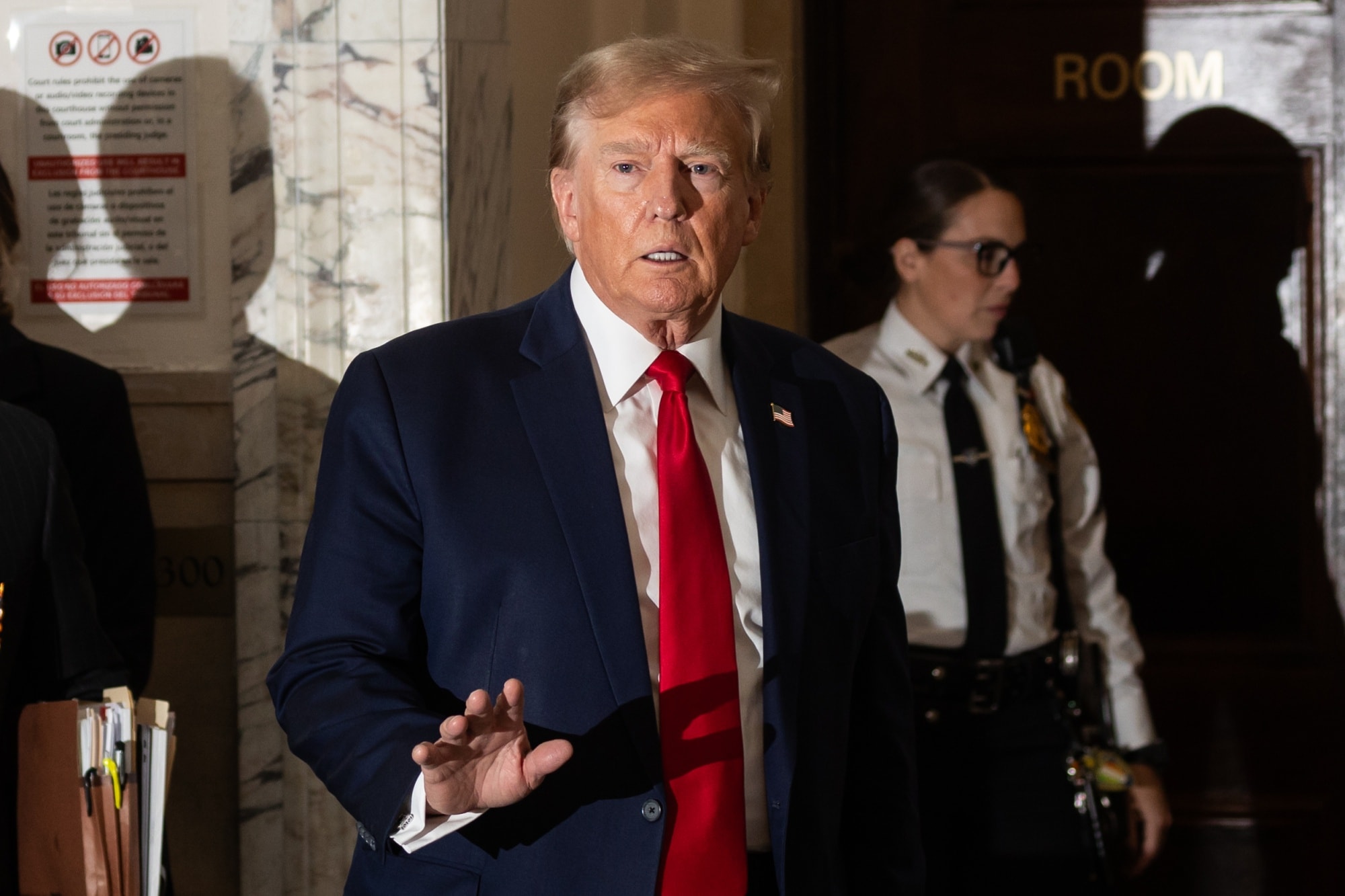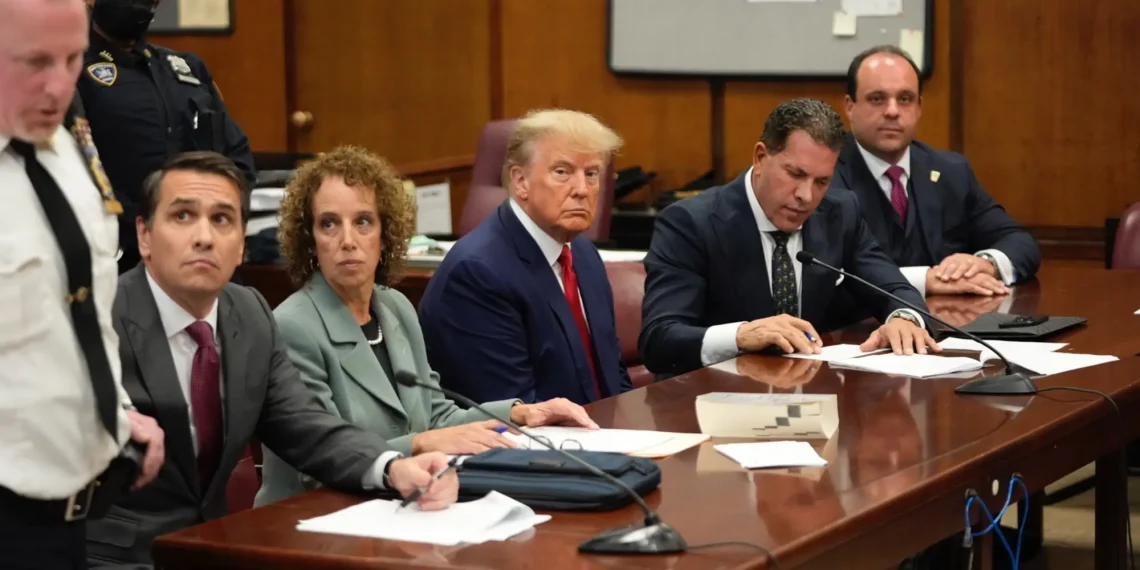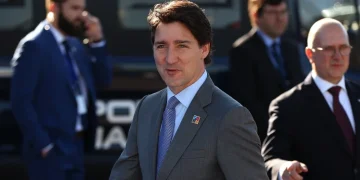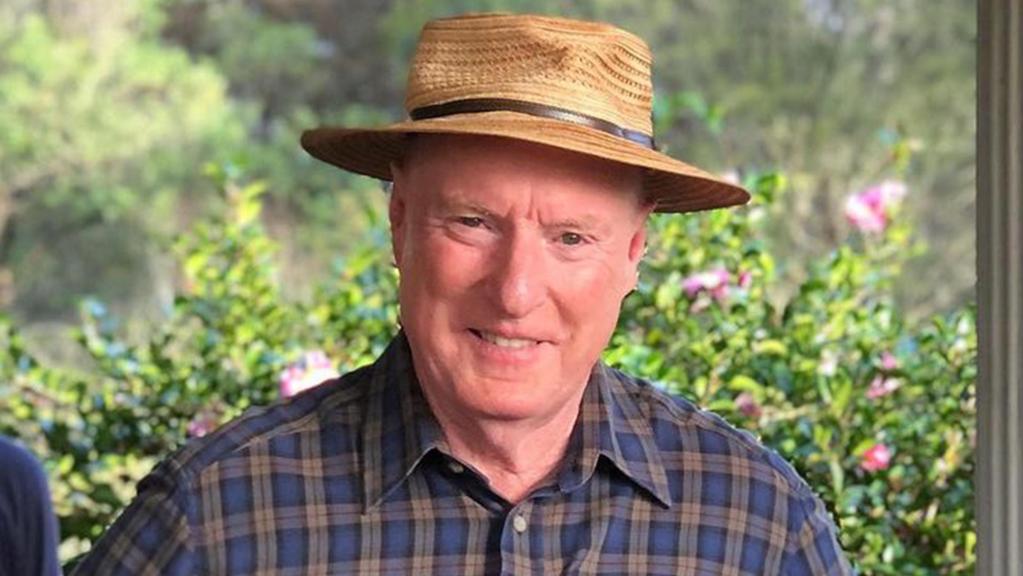Donald Trump faces a crucial legal juncture as a New York judge is set to decide on his motion to dismiss the first of four criminal cases against him. Scheduled for ruling on February 15, Justice Juan Merchan will determine the fate of Trump’s trial in Manhattan, slated to begin on March 25.
The charges involve falsifying business records to conceal hush money payments to a porn star before the 2016 election. Trump argues for dismissal, citing partisan motives and the inapplicability of state laws to federal elections.
The outcome of this ruling could mark Trump’s first criminal trial amid his anticipated 2024 presidential bid. While a federal trial on election interference charges was postponed, a separate federal case in Florida and a state case in Georgia await trial.
In the Manhattan trial, prosecutors allege that Trump’s former lawyer, Michael Cohen, made a $130,000 payment to Stormy Daniels to conceal her affair allegations against Trump, a claim Trump denies. Cohen’s guilty plea in 2018 implicated Trump in violating campaign finance laws.
Manhattan District Attorney Alvin Bragg contends that Trump’s real estate company falsely recorded reimbursements to Cohen as legal fees, violating state laws on falsifying business records.

Critics view this case as less severe than others, involving Trump’s private affairs rather than presidential actions impacting elections or national security. Bragg framed the case as one of election integrity, accusing Trump of conspiring to corrupt a presidential election and then attempting to cover it up.
Trump’s legal team argues selective prosecution, claiming Trump was targeted unfairly by Bragg’s office. They assert that state prosecutors lack jurisdiction over federal election law violations and cannot justify charges based on this.
However, previous rulings suggest otherwise, indicating a broader application of state laws. The impending ruling holds significant implications for Trump’s legal battles and potential political future.





